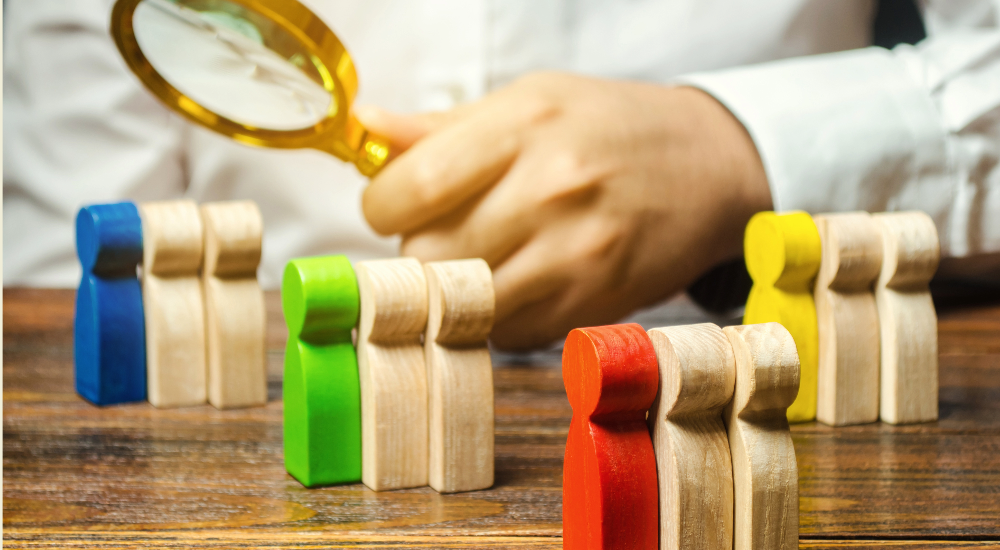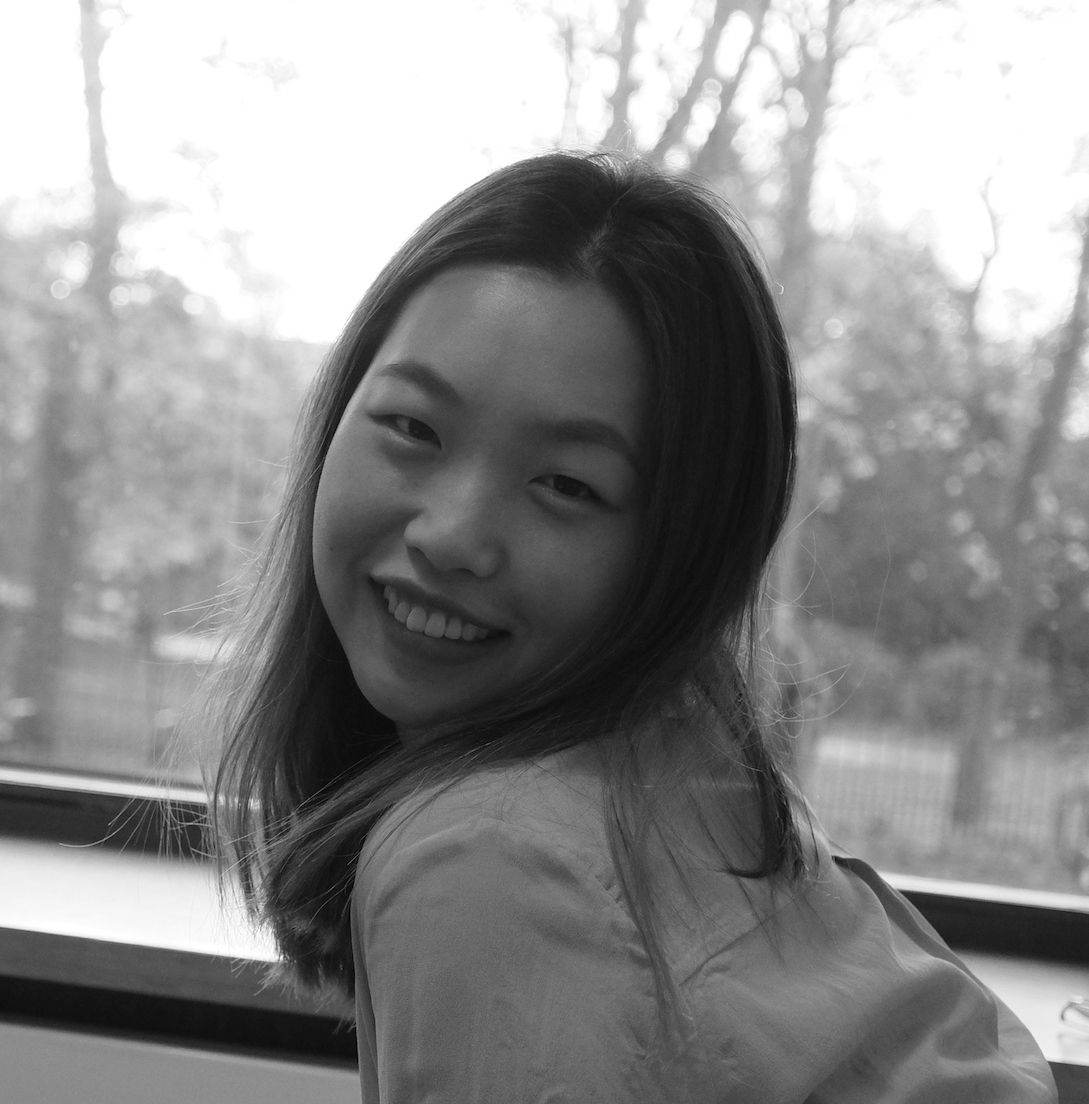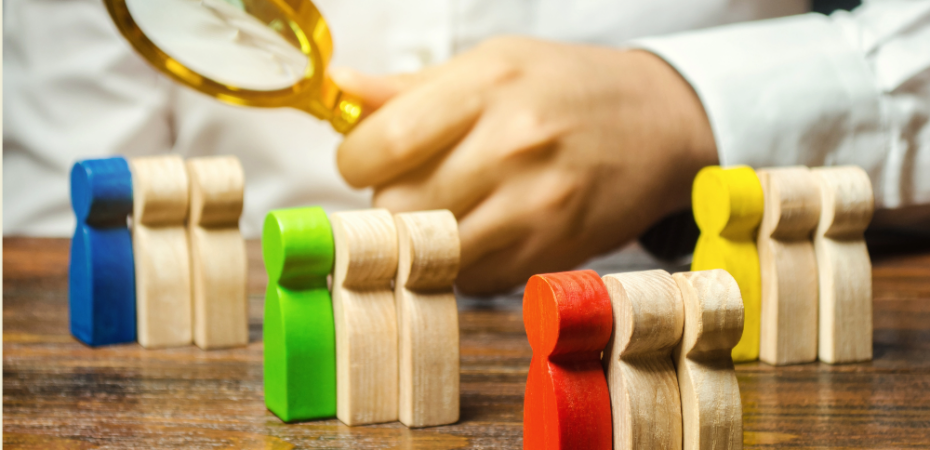
In this extra post, PhD interns Qianyu Yang and Yi Li reflect on their internship experience working with Enhancement Themes↗️ and contributing to community building at the University. Qianyu Yang is a PhD student in Language Education at Moray House School of Education and Sport and Yi Li is a PhD student in Comparative Literature at School of Literatures, Languages and Cultures.
During our four and a half month-long PhD Internship supporting Enhancement Themes↗️ work, we helped deliver many good activities and studies in community building throughout the University. We were surprised about how much support is out there for us students that we were not aware of. Therefore, we hope to reflect our experiences in this blog as reference for the future.
Starting in February 2023, we undertook PhD internships focusing on community building and community engagement at the University of Edinburgh, which is one aspect of the Resilient Learning Communities: Enhancement Theme↗️ which started in 2020. As PhD interns, our main aim was to enhance community building through identifying good practice across the whole University.
What have we done to enhance community building?
Mastercard Foundation Scholars Focus Groups

We conducted two focus groups with Mastercard Foundation Scholars students, one in-person for on-campus students and one online for online distance learning students. From the focus groups, we identified the meaning of belonging for students. More importantly, we identified a variety of good community building practices, then divided them into three categories covering academic, administrative and co-and extra-curricular aspects, constructing a triangle model (Figure 1). The feedback from the focus groups is being used to inform community-building strategy for the next phase of the Mastercard Foundation Scholars Program↗️ at the University, amongst both on-campus and online scholars.
Community Champions
Community Champions is a good practice of community building at the Moray House School of Education and Sport↗️. The Community Champions are a group of students whose major work is to facilitate communication between students and staff, disseminate information, initiate various activities for the purpose of advocating the development of students’ physical and mental health, and improvement of equality, diversity, and inclusion. Currently, Community Champions is mainly focusing on two key aspects. Firstly, they strive to make School resources (e.g. the SharePoint site) more accessible to students. For instance, changing the name of the SharePoint site and linking to it from Learn (the University’s virtual learning environment) to make more students are aware of it. Secondly, organising more creative events to enhance students’ sense of belonging and mitigate the communication barriers. For instance, birthday card initiative, wellbeing, sports day, LGBT parade and so forth.
Giving Feedback Student Guides Evaluation
We worked with the student panel↗️ to review the Giving Feedback Student Guides↗️. Working with other staff, we developed a survey for the panel asking for their feedback on the guides. We split the survey into three groups – undergraduate, postgraduate taught, and postgraduate research, as these students have different guides and study experiences. We were pleased that 78 students participated in the survey. We analysed the results and handed a written report with illustrations informing future recommendations.
Community Building Guide
We reviewed work from the Enhancement Themes team for the past three years and categorised different types of practices, and identified key challenges, changes made and what we might do differently with hindsight.
Based on the Theory of Change model developed by last year’s PhD Interns, we have drafted the outline of a community building guide. We tried to provide guidelines which covered participating in communities and support for life and study experiences throughout the University. The final Community Building guide will provide both theoretical background and practical suggestions for promoting community building among students and staff. It is based on an extensive review of the literature, reflection of students’ experiences, and identifying the good practices across the whole University.
We also used a lot of this information to help draft the End of Year 3 Report for Enhancement Themes work at the University.
What did we learn from our PhD Internships?
Our PhD Internships offered us a unique opportunity to open a new door, exploring and discovering diverse resources in community building within the University. By engaging in the Internships, we have experienced significant growth in our research, communication, analytical and organisational skills. Moreover, this immersive experience has ignited a deep sense of belonging within us, nurturing a profound connection to the University and amplifying our commitment to its values and vision.
What does the future hold from our perspectives?
Communication
The first challenge for us, as well as for our team, is the challenge of communicating about community building practices across a large University. It did not take us a long time to realise the importance of communication. We realised there is much support from different schools, different departments throughout the University, and students can approach and access if needed. However, students might still miss out because of missing the information.
Get students engaged in community building
We found it is very important to build up sense of belonging for students, which would inspire them to be interested in joining more communities. From the perspective of university, actively involving students in community building initiatives can create a vibrant and inclusive campus environment that fosters collaboration, empathy, and social responsibility. By prioritising community building, we hope to nurture an environment where students can thrive academically, personally, and socially.
Qianyu Yang
Qianyu Yang is a PhD student in Language Education at Moray House School of Education and Sport at the University of Edinburgh. Her research is about multilingual identity, multilingualism, translanguaging and academic writing.
 Yi Li
Yi Li
Yi Li is a PhD student in Comparative Literature at School of Literatures, Languages and Cultures. Her research project is exploring diversity and inclusion in children’s picture books between China and the UK.


